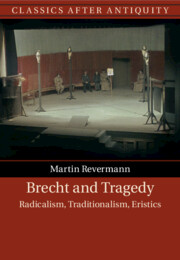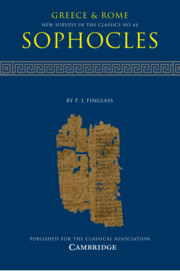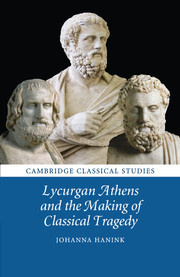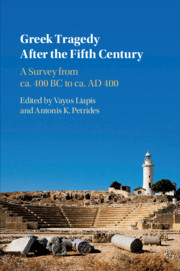Dionysus after Nietzsche
Dionysus after Nietzsche examines the way that The Birth of Tragedy (1872) by Friedrich Nietzsche irrevocably influenced twentieth-century literature and thought. Adam Lecznar argues that Nietzsche's Dionysus became a symbol of the irrational forces of culture that cannot be contained, and explores the presence of Nietzsche's Greeks in the diverse writings of Jane Harrison, D. H. Lawrence, Martin Heidegger, Richard Schechner and Wole Soyinka (amongst others). From Jane Harrison's controversial ideas about Greek religion in an anthropological modernity, to Wole Soyinka's reimagining of a postcolonial genre of tragedy, each of the writers under discussion used the Nietzschean vision of Greece to develop subversive discourses of temporality, identity, history and classicism. In this way, they all took up Nietzsche's call to disrupt pre-existing discourses of classical meaning and create new modes of thinking about the Classics that speak to the immediate concerns of the present.
- Argues for the centrality of Nietzsche to modern understandings of ancient Greece
- Explores how different cultural traditions responded to the Greeks after Nietzsche
- Proposes a new approach to classical reception studies
Reviews & endorsements
'L.'s volume is a rare book because of the excellence of his ideas and the quality of research and writing. It masterfully shows how our life is shaped by modernity's appropriation of an ancient Greek heritage … The scholarship is stellar throughout … The book enters as a sharp-sighted contribution into the field of literature on modernity and its relationship to the ancient Greeks.' Marina Marren, The Classical Review
'The scholarly rigour of Dionysus after Nietzsche, and the painstaking research evidenced throughout, mark it out as a vital addition to existing work on the interactions between ancient and modern literature. This book will be of keen interest to all students and researchers of classical reception, especially tragedy, as well as those of modern literature, philosophy, and social theory, in addition to the interested general reader.' Samuel Agbamu, Rhea Classical Reviews
Product details
February 2024Paperback
9781108710671
258 pages
229 × 152 × 14 mm
0.381kg
Available
Table of Contents
- Introduction. Dionysus after Nietzsche
- 1. Corybants, satyrs and bulls: Jane Harrison
- 2. A great kick at misery: D. H. Lawrence
- 3. In search of an absent god: Martin Heidegger
- 4. What Oedipus knew: Richard Schechner
- 5. Dionysus in Yorubaland: Wole Soyinka
- Conclusion. Dionysus today.







